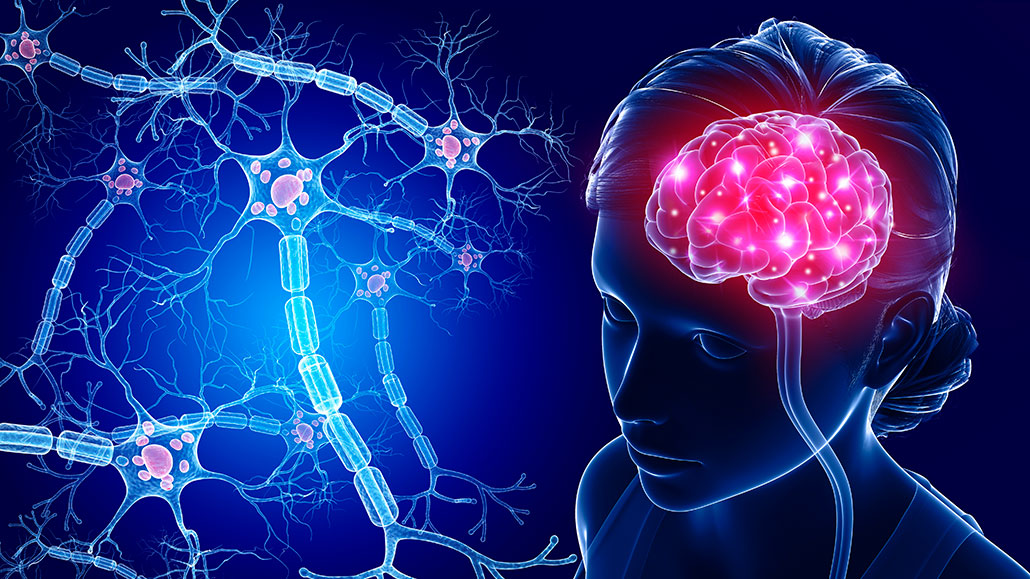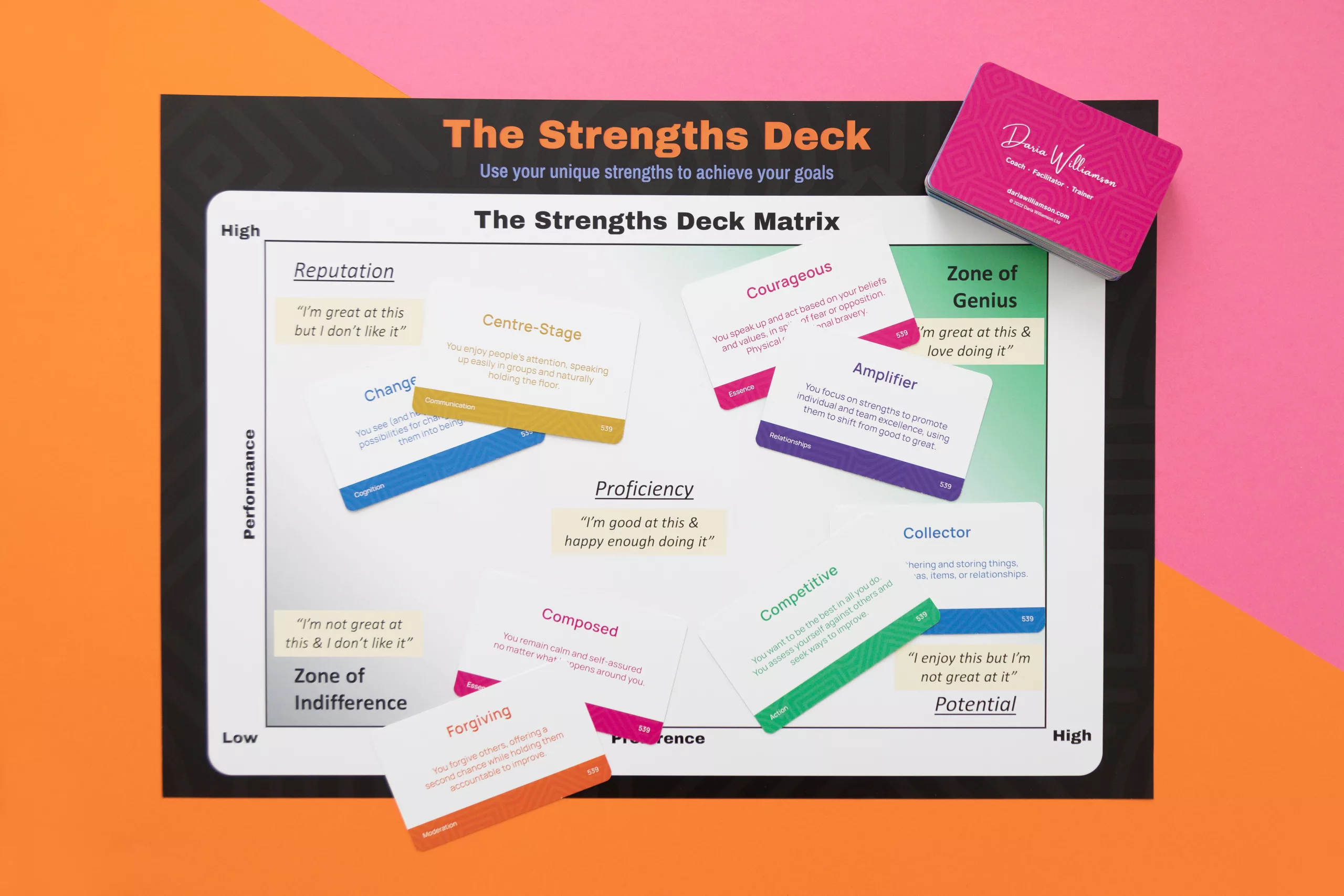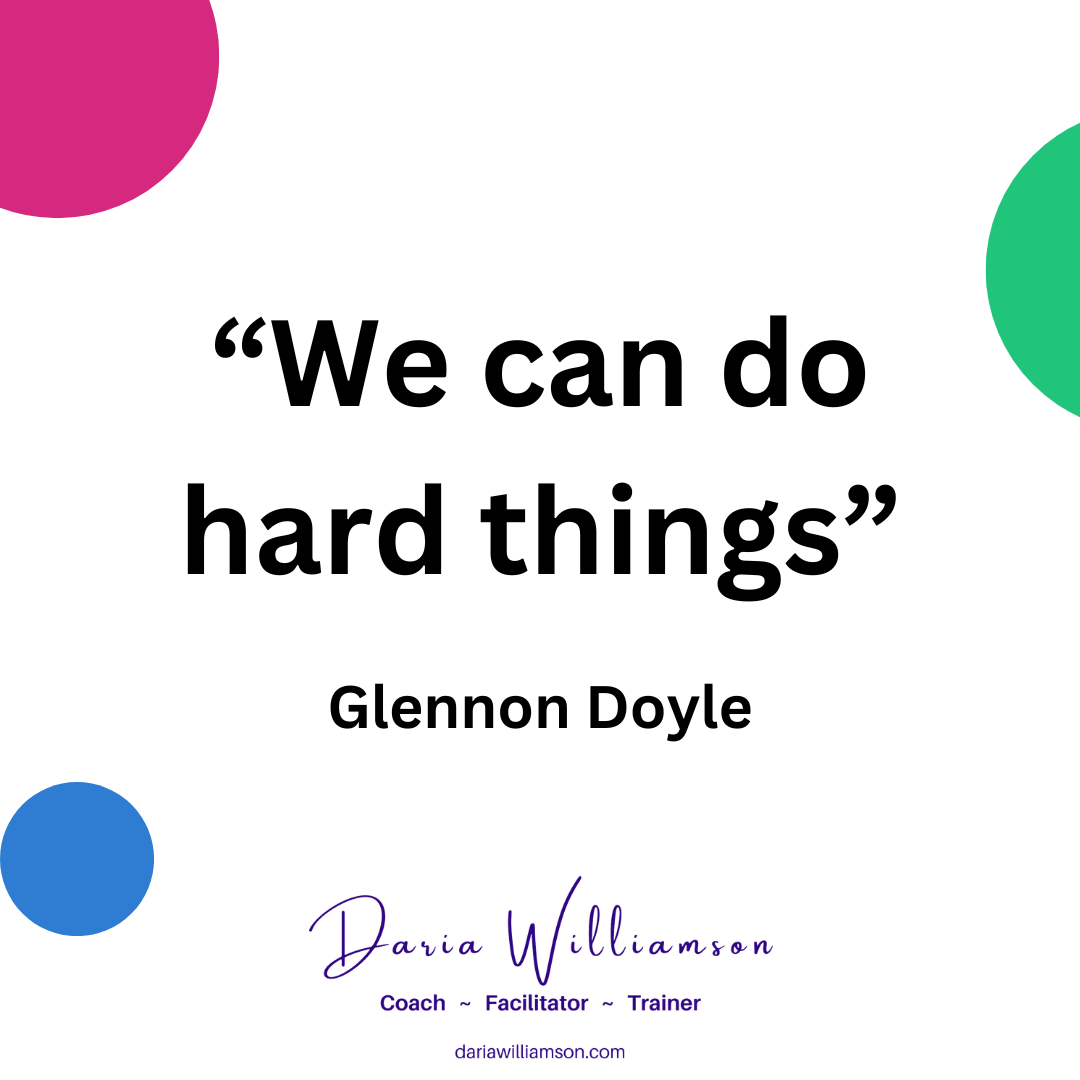Do you believe that it’s possible to become more lucky? Most people tend to think that they, and others, are either lucky, or unlucky – but even if you think you’ve been the unluckiest person ever to have lived, it’s possible to change your stars.
How the lucky people got all the breaks
One of my favourite pieces of social science research relates to luck, and is the inspiration for this article. It was conducted by Richard Wiseman over 15 years ago, but still has powerful lessons for us today.
In his experiment, he got participants to look through a newspaper and count how many photos it had. On average, people who considered themselves unlucky took around 2 minutes to count the pictures. Lucky people took just seconds. They spotted the message that took up the top half of the second page, with letters 2 inches high, that said “Stop counting – there are 43 photographs in this newspaper”. Lucky people were also more likely to spot to second message further on, which said “Stop counting, tell the experimenter you have seen this and win $250”.
Everyone got the same newspaper to look through, but the people who considered themselves lucky were far more likely to see the two messages.
Do you feel lucky (punk)?
Our self-perception literally changes what we see in the world. This is one of the peculiar ways our minds work – also known as confirmation bias. It means that we notice all the evidence that confirms our hypothesis or belief. We also fail to notice any disconfirming evidence. For example, if you think of yourself as unlucky, as your sibling as lucky, you’ll remember each time they got something you wanted and you missed out. And you’ll fail to recall the times when they missed out on what you got (or you’ll remember but explain them away as one-offs).
This is one of the reasons to be very careful about the labels you use for yourself and others. Research by Ellen Langer indicates that once we’ve labelled someone in a particular way, we’ll start acting in ways that lead them (or ourselves) to fulfil the label. And that’s great news if we want to become luckier.
Making your own luck
Richard Wiseman, who ran the “luck” experiment referred to above, also ran a “luck school” to see if he could teach people how to be lucky. In his article, he doesn’t tell us much about his methods, but he does note that, after teaching participants the principles of luck and how to use these to think and act like a “lucky” person. Within a month, 80% of participants were happier, more satisfied with their lives, and “luckier”.
The four key principles of luck, according to Wiseman, are:
- Being skilled at creating and noticing chance opportunities (this can include nurturing your network of friends and colleagues who can expose you to more opportunities)
- Making lucky decisions by listening to your intuition
- Creating self-fulfilling prophecies via positive expectations
- Adopting a resilient attitude that transforms bad luck into good
Following are three approaches that I use regularly to create more good luck in my life. And yes, I’m that annoying person who often wins competitions and finds golden opportunities falling into my lap!
Mindfulness
The first step is creating awareness of opportunities, which requires you to be paying attention to the present moment. Mindfulness practices are a fantastic to hone your attention skills, as they teach you how to focus, and how to let go of distractions.
I love the Insight Timer app – it offers thousands of free mindfulness teachings and practices. I also love Thich Nhat Hanh’s teachings, especially his ‘little books’, such as How to Love, How to See, How to Walk etc.
The main thing here is to recognise and pay attention to what is happening around and within you, and to be able to do so without judgement (that second bit is harder than it sounds!). The more you are able to open your senses and mind, the more likely you are to spot opportunities, or even situations that can become opportunities with the right action.
Mantras
While many people may think that mantras as just “woo-woo nonsense”, they can be very helpful. It’s not some spooky ‘law of attraction’ guff about changing what will happen.
Instead, you’re using the power of neurobiology to help yourself see the world in new ways that are aligned with your purpose.

When I ran half-marathons, I’d hit a point on every long run when I didn’t think I’d be able to make the distance. I’d start repeating phrases to myself such as: “This is where you get strong. This is how you build resilience. This is where you build character.”
Only once did I quit before the full time was up, and that was to avoid injury. For every other run, those mantras reminded me of the outcomes that I was creating by persisting with the run. Saying the mantras didn’t magically make me stronger, but they did help me to do the things that made me strong.
When we repeat words and phrases regularly (whether positive or negative), we are laying down and strengthening new pathways between neurons. Over time, those pathways become so strong that they feel natural. So, by telling yourself each day that you are a lucky person, you’ll eventually begin to see yourself as lucky, and you’ll notice “lucky” opportunities, which will further reinforce your self-image of being lucky.
Practice
Even if you’ve got a great mindset about being in charge of your own luck, if you don’t put the mindset into practice, you won’t see results.
There’s an old joke about someone who is praying, and complaining to God that they haven’t won the lottery. And God asks them why they haven’t bought a ticket! You’ve got to be in it to win it.
So, enter every competition you come across, and as you submit your entry, remind yourself that you are in charge of your luck, and you are a lucky person. You’ll be surprised how often you will be a winner. In fact, I recently heard a story of someone who was banned by their local radio station from entering any more competitions, because they won too many times. Imagine creating so much luck that you get that kind of reputation!
What about bad luck?
Let’s be quite clear: bad things happen to everyone. But we don’t all react in the same way.
Consider who is happier: the person who wins the bronze Olympic medal, or the one who wins the silver?
Did you answer silver? Nope. Silver medal winners are, on average, less satisfied than bronze medal winners. Why? Because if the silver medal winner had done a bit better, they’d have gold. Meanwhile, the bronze medal winners realise that if they’d done slightly worse, they wouldn’t have a medal at all.
When something doesn’t go to plan, you can choose to tell a story of it being an indication that you are unlucky, or you can be grateful that it didn’t turn out worse. When you tell the ‘downward comparison’ story of “well, at least I didn’t lose everything”, you help keep your positive expectations alive, making you more likely to return to being “lucky” again in the future.
Resources
- The Luck Factor – Richard Wiseman
- Mindfulness, Ellen Langer, published by Merloyd Lawrence, 1989
- Psychologist reveals the luck factor – NZ Herald






1 thought on “The Scientific Way To Become More Lucky”
Pingback: How To Choose Your Approach This Silly Season ~2021 ~ Daria Williamson - Coach, Trainer, Facilitator
Comments are closed.